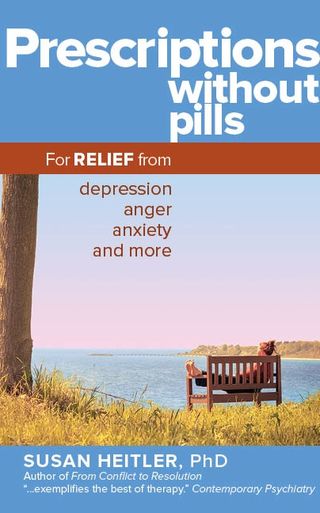Sex
Sexual Intercourse and Talking Together: What's the Same?
Connecting via sex and via words succeed by the same principles.
Posted February 6, 2013

Sexual and verbal intercourse--intercourse being a fancy word for connecting--are two of the main ways that two people become one couple, building together a long-lasting and healthy relationship.
Shared words and shared sexual feelings both can provide a glue that bonds two into one. At the same, key factors during these bonding activities determine whether sex and talking together will loosen or strengthen the relationship bonds.
Symmetry makes for more satisfying intercourse—verbal or sexual— for both partners.
When people talk together, equal airtime creates a relationship in which both people count. Same with the symetrical pleasuring of sexual activity; equal attention to both partners' satisfaction conveys that both partners care about each other.
When people talk together, being considerate of the other person's likes and interests leads them to enjoy talking together. In sex too, responsivity to indications of what the other person enjoys or prefers to avoid matters hugely.
When people talk together, if he listens when she talks, enjoying the conversation by finding what's interesting in what she says, and vice versa, odds are good that these folks will enjoy being together. Similarly, both partners in sexual activity need to be open to receiving what the other offers.
Intercourse, verbal or sexual, is most satisfying when partners take turns.
When people talk together, if they both talk at the same time, neither may hear what the other is saying. Same thing in sex. Sex often feels best when one person is doing and the other receiving, alternating who is the doer and who is the receiver.
On the other hand, singing together is fun. Especially in the higher intensity later phases of sexual intercourse, both partners can be active if they move in harmony with each other.
When people talk together, if it's all about just one of them, that's narcissism partnered with excessive altruism. Another word for excessive altrusism is enabling, or co-dependency. These terms describe folks who allow inbalances to continue as if the inbalance is normal and acceptable. In sexual interactions, if one person gets all the attention, there's a similar partnering of narcissism with excessive altruism/enabling/co-dependency.
If intercourse becomes bossy...
When people talk together, if one tells the other what to do, that gets old quite quickly. Telling a partner what to do or how to do things is controlling behavior. Controlling behavior takes the fun out of a relationship. Same in sex.
Criticism when partners talk with each other puts toxicity and negative energy in their relationship, tarnishing love. Likewise when partners share sexually, criticism is sure to poison the sexual enjoyment, probably for both.
By contrast with criticism, sharing information about what you are experiencing (instead of info about the partner) can offer helpful feedback ("I get anxious, uncomfortable, etc when you ...). Feedback can lead to learning and ever-better interactions in both verbal and sexual interchanges. Positive feedback—gratitude, enthusiasm, and appreciation—of course adds to loving feelings.
And if intercourse, sexual or verbal, becomes too minimal...
Some say the world will end in fire, some say ice (as the poet Robert Frost writes in one of my favorite poems). Ice in relationships is cold disinterest with withdrawal from interactions and from the giving of positive vibes to each other. Couples who rarely talk beyond day to day logistics, rarely share their concerns and fears and joys, or rarely share sexual delights, become at risk for finding themselves on a pathway to disconnection.
If you are not so sure that you are heading for an ever more loving and healthy relationship, take action now. Be sure you know how to save your relationship!
May all your intercourse, verbal and physical, be loving...
--------------
Susan Heitler, Ph.D. is author of the fun interactive website PowerOfTwoMarriage.com, which teaches the skills for relationship success.
The following blogposts by Dr. Heitler are relevant to the article above.
Skip the Criticism Altogether; Give Feedback Instead
Does Gratitude Matter in Marriage?
------------------------------------

Denver clinical psychologist Susan Heitler, Ph.D, a graduate of Harvard and NYU, is author of Power of Two, a book, a workbook, and a website that teach the skills that sustain positive relationships.
Click here for a free Power of Two relationship skills assessment. Learn your strengths and also where growth could increase your relationship happiness.
Dr. Heitler's latest book, Prescriptions Without Pills, offers new techniques for relieving depression, anger, anxiety and more so that you can live in a mode of well-being.




